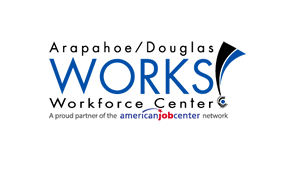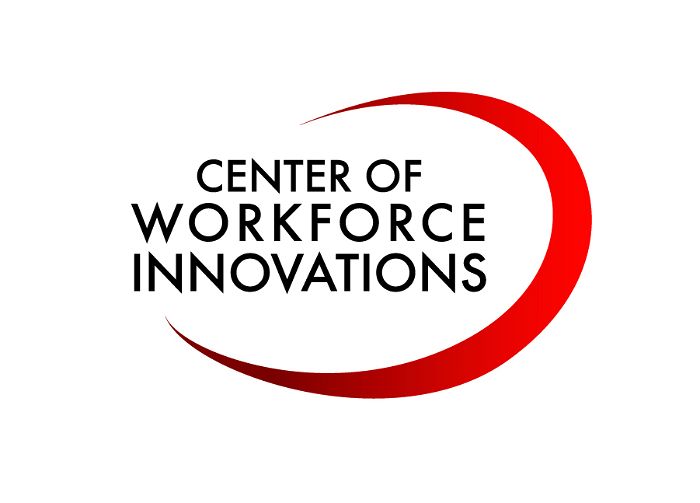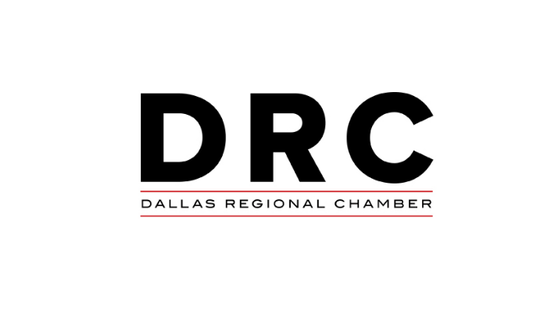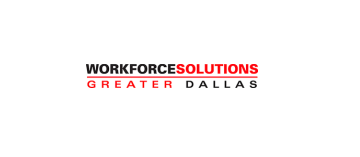
Data-Obsessed: Analyzing, Understanding, and Preparing for Change
December 20, 2019
At a Glance
Future-Focused Workforce Board Behaviors | Workforce boards that collect and analyze a wealth of data are able to keep pace with and, in some cases, anticipate constantly changing regional dynamics.
It’s becoming increasingly difficult to anticipate and predict changes in the labor market. The rapid pace at which job functions are evolving and shifts in the way people are looking for and finding employment make it difficult to develop responsive on-demand services that meet the unique needs of today’s learners and workers. Creating systems and infrastructure to collect accurate, reliable data across a wide range of services and operations helps future-focused workforce boards stay ahead of emerging trends, identify inefficiencies and areas for improvement, maximize organizational outcomes, and become economic leaders in their communities.
A data-obsessed approach to providing services is one of four future-focused behaviors identified by AWAKE, an initiative at JFFLabs that scans the workforce market and system to call attention to how workforce boards and professionals are evolving and adapting with advances in technology and data. These behaviors were vetted by a diverse group of workforce professionals from across the country to ensure they are reflective of the core characteristics, priorities, and commitments needed to prepare and transform America’s workforce system to ensure that all workers and learners succeed.
Data-Obsessed: Analyzing, Understanding, and Preparing for Change
Future-focused workforce boards collect and analyze vast amounts of data to stay in front of emerging developments throughout their organizations, among their partners and training providers, and within their communities.
Challenge
Workforce development boards need to use data more broadly to devise more effective regional strategies and improve service delivery. In many locales, regional data sources go untapped because there is no unified framework for data extraction, aggregation, and analysis. Leaders at all levels struggle to parse state and national statistics in search of more nuanced views of regional labor market dynamics, education and training outcomes, and the shifting needs of learners and workers.
Opportunity
Many workforce organizations have research specialists who collect and use valuable localized data across a variety of digital platforms. Some organizations are beginning to build robust in-house research and data analytics tools. And workforce boards are increasingly making data available to training providers and community-based organizations in their regions.
Potential
Workforce board employees and data analysts are well positioned to understand emerging issues. They can use data to glean insights that help investors and technologists make decisions as they fund and build new tools. Workforce boards need to engage in a sustained national effort to identify a common data framework, create standardized views of aggregated data, and improve data services.
Featured Stories
Organizations take a data-obsessed approach to their work are establishing themselves as invaluable sources of insight and information across the communities and states they serve. Some have more sophisticated and robust data infrastructures than others, but all of them emphasize the importance of regional collaboration to determine common goals and work toward achieving those goals.
“In order for workforce boards to demonstrate their value add within the workforce and economic development system, it is imperative that the same data sets are collected, with agreed upon definitions, to provide uniform information and exhibit that the impact of the workforce system is so much greater than what WIOA performance data shows.”
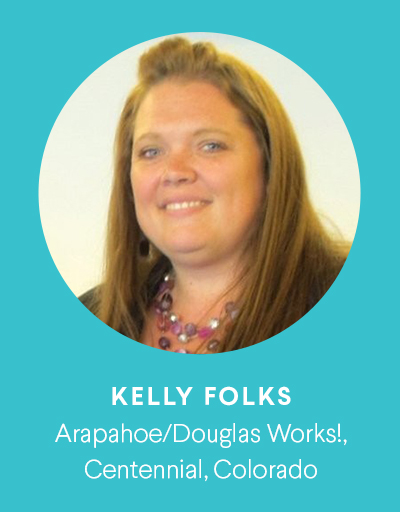
Related Content

Outcomes for Opportunity
It’s becoming increasingly difficult to anticipate and predict changes in the labor market. The rapid pace at which jobs are evolving and shifts in the way people are preparing for them makes it difficult to…

AWAKE
Workforce boards support 15 million Americans each year. JFF provides insights and advice to workforce leaders as they navigate change. The future of work is now, and many workforce boards are aggressively pursuing greater efficiency,…

How Workforce Boards Show the Way Toward the Future of Work
Future-focused workforce leaders excel in today’s rapidly changing world. About Future-Focused Workforce Boards In addition to clarifying the challenges and opportunities facing the workforce development system, AWAKE’s interviews with workforce board leaders revealed a clear…

Data Empowered Workforce Boards Lead the Way in Economic Recovery
During this time, workforce boards’ ability to effectively monitor stakeholder needs became essential to meeting the Challenge’s demands of rapidly standing up and scaling training programs in a virtual environment. Identifying and creating new data…
